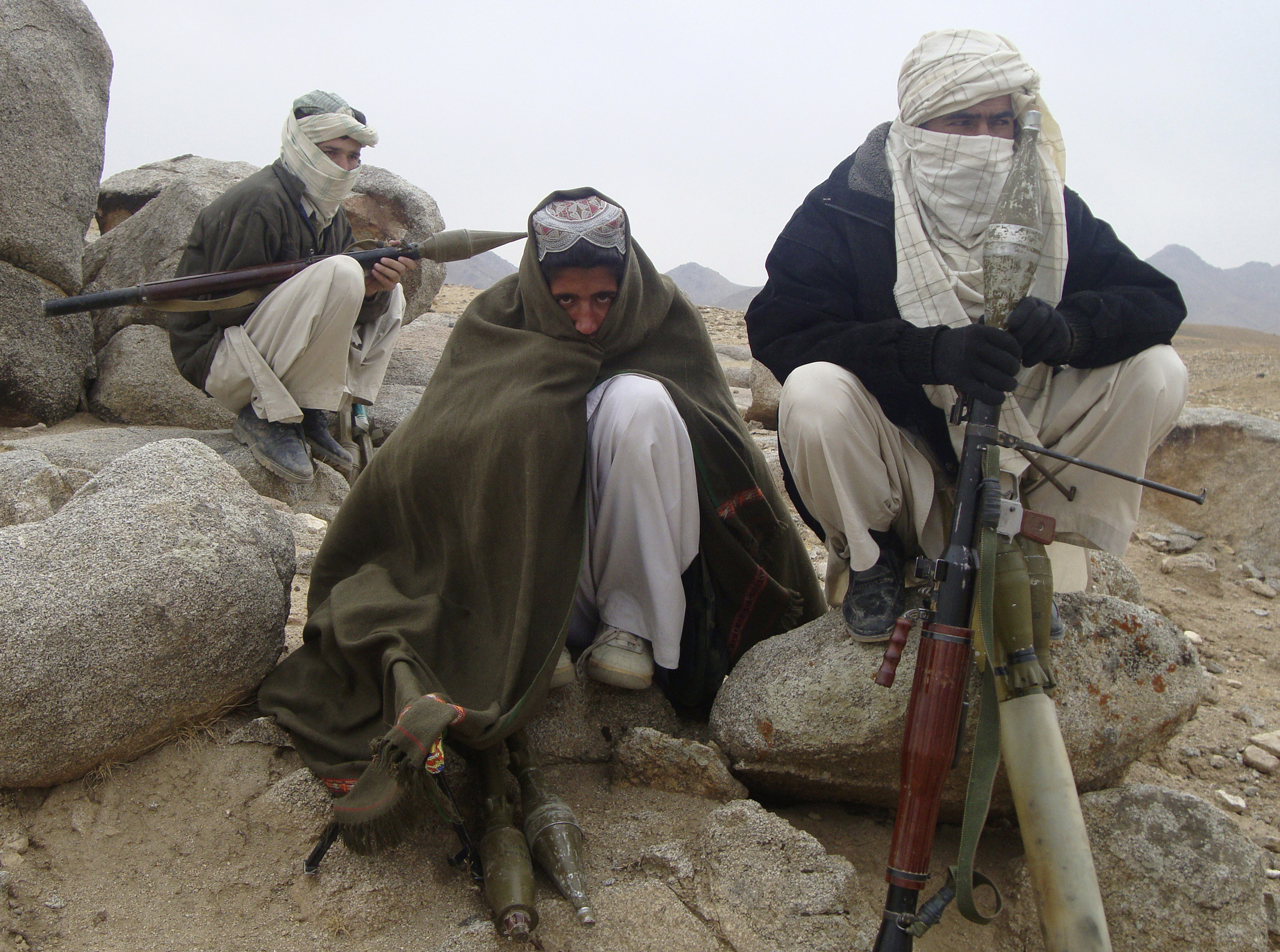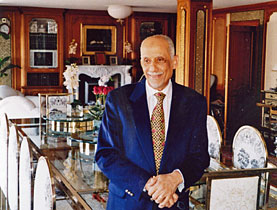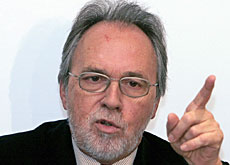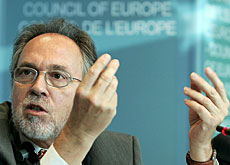Leaving UN terror blacklists gets easier

Switzerland and other countries have convinced the United Nations Security Council to simplify the delisting procedure for people affected by anti-terror sanctions.
With the creation of an ombudsman’s office, individuals or companies will have an independent review body to which they can submit their grievances and demand their removal from a blacklist.
Since 1999, the council has imposed on member states obligations that include travel restrictions, financial sanctions and arms embargoes against people and entities associated with al-Qaida and Afghanistan’s Taliban.
There are 500 names currently on the UN’s blacklist, but until now only a Security Council committee has decided who joins – or is struck off. There has been no independent delisting procedure for those affected by the sanctions.
Switzerland pointed out this shortcoming early on and in 2005 launched an initiative with other countries to correct this situation, criticised by various courts and parliaments as a lack of protection of individual rights.
Last year a concrete proposal to set up a review body was submitted to the council. It stipulated that sanctioned people or entities had the right to know why and the right to appeal.
The proposal was accepted on Thursday by the council. The new ombudsman, appointed by the UN secretary-general, will review cases independently and submit the reasons for decisions to the council’s sanctions committee.
“Paradigm shift”
Speaking for the group of nations that had backed the proposal, the Costa Rican representative on the council welcomed the decision, calling it a “paradigm shift”. He said the move was a “brave and decisive step towards a fairer and more transparent procedure”.
The group includes Denmark, Germany, Liechtenstein, the Netherlands, Sweden, Belgium, Finland and Norway.
The Swiss foreign ministry said in a statement that the rights of individuals would now be taken into account at the international level and the legitimacy of the United Nations system of sanctions would be strengthened.
It also promised that Switzerland would closely follow the implementation of the new resolution.
The lack of independent review body had been highlighted in the Swiss parliament.
Swiss role
Dick Marty, a senator for the centre-right Radical Party and a member of the Council of Europe, had tabled a motion demanding that UN sanctions no longer be applied if a person had been blacklisted for more than three years, no new proof had been supplied against that person and there was no way of appealing the decision.
Marty has had the sanctions procedure in his sights for some time. He also submitted a critical report to the Council of Europe, the continent’s human rights watchdog.
While the Senate unanimously accepted the motion, the government rejected it because Switzerland as a UN member was bound to apply the organisation’s sanctions.
Swiss Foreign Minister Micheline Calmy-Rey promised though that Switzerland would attempt to ensure that a fairer procedure for the lifting of anti-terror sanctions would be introduced.
On Thursday Swiss diplomats said the Security Council decision should go a long way to answering Marty’s criticism of the sanction system.
Rita Emch in New York, swissinfo.ch (Adapted from German by Scott Capper)
Youssef Nada was placed on the UN blacklist in autumn 2001. The US government had accused al-Taqwa, which was founded in 1988 by its Egyptian managing director Nada, and his Syrian associate, Ali Himmat, of helping to fund Osama bin Laden’s terrorist network.
Al-Taqwa was put under investigation shortly after the terror attacks on Washington and New York on September 11, 2001.
Swiss officials froze 24 Nada bank accounts and searched company officials’ homes and offices on November 7, 2001 – the same day that the organisation was accused by Washington of financing terrorist acts.
The company operated out of the southern canton of Ticino until it was liquidated in December 2001.
Nada and Himmat repeatedly denied any connection with Osama bin Laden and his al Qaeda network and accused the Swiss authorities of taking part in an American-led anti-Muslim campaign. After three-and-a-half years of investigations, the Swiss authorities dropped the case.

In compliance with the JTI standards
More: SWI swissinfo.ch certified by the Journalism Trust Initiative










You can find an overview of ongoing debates with our journalists here . Please join us!
If you want to start a conversation about a topic raised in this article or want to report factual errors, email us at english@swissinfo.ch.